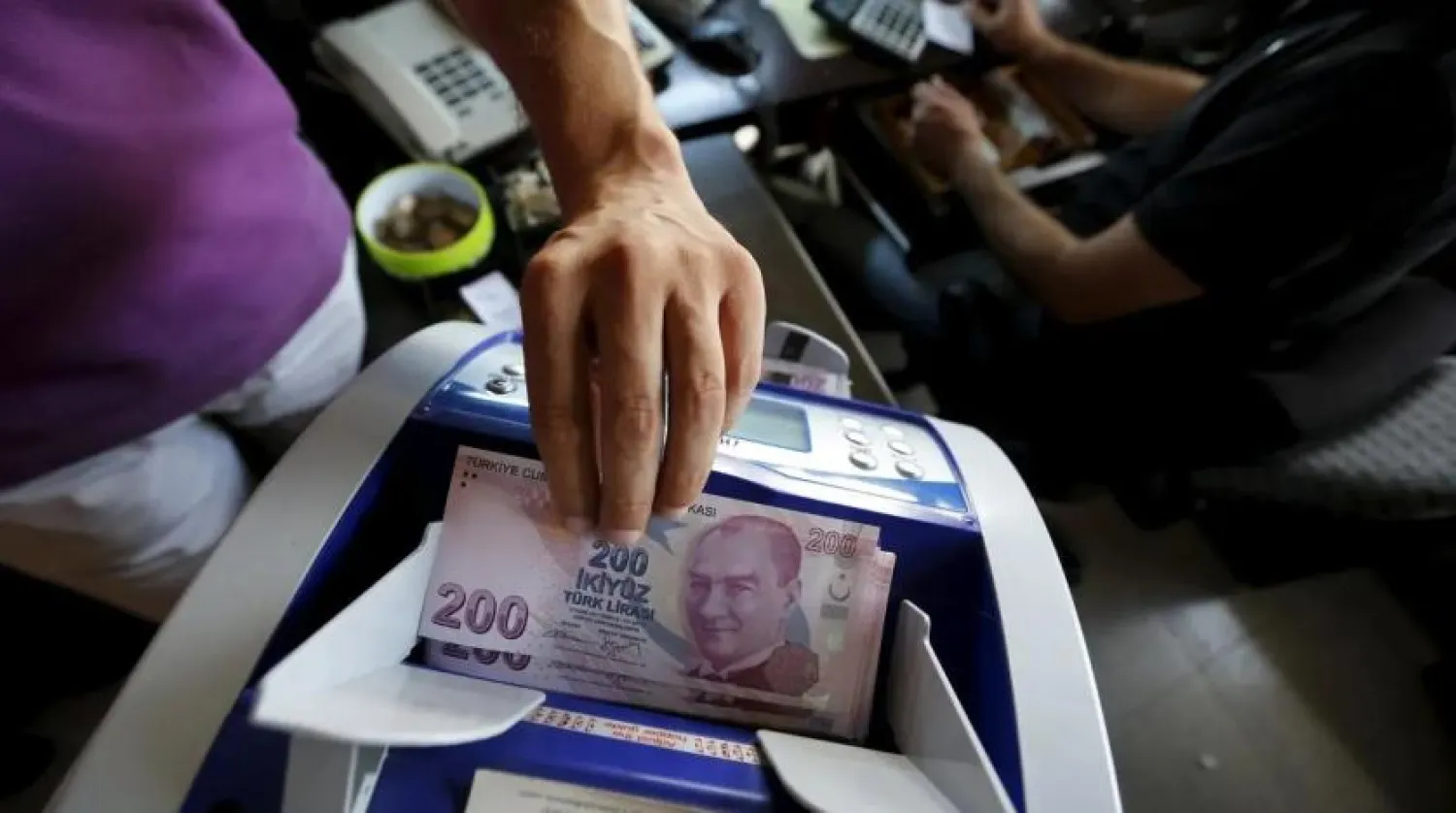Turkey's lira sank to an all-time low of near 11 to the dollar on Thursday before paring losses, ahead of a central bank meeting that is expected to cut rates further even as the currency falls sharply and inflation remains near 20%.
The lira stood 10.85 against the dollar at 0408 GMT, after earlier declining as much as 10.98, bringing its losses since Tuesday's close to more than 5.7%, Reuters reported.
The currency's decline in recent weeks over concerns of further easing from the central bank were exacerbated on Wednesday by President Tayyip Erdogan's comments that he will continue his battle against interest rate "to the end".
Erdogan's insistence on cutting rates and his frequent overhauls of the central bank's leadership, partly over policy disagreements, have severely damaged the central bank's ncredibility over the years, battering the lira.
The central bank, which says price pressures are temporary, began giving dovish messages in September and embarked on an easing cycle later that month. It has since slashed its policy rate by 300 basis points to 16%.
The aggressive easing bucked expectations and left Turkey virtually alone in a world of policy tightening. But it delivered stimulus long sought by Erdogan.
"Even a hold (or a rate hike) may only provide short-term relief for the currency as much will then depend on the president's reaction and whether he decides to part ways with another central bank governor," said Jason Tuvey, senior emerging markets economist at Capital Economics.
The lira is down more than 32% against the dollar this year and its decline pushes prices higher in Turkey via imports.









